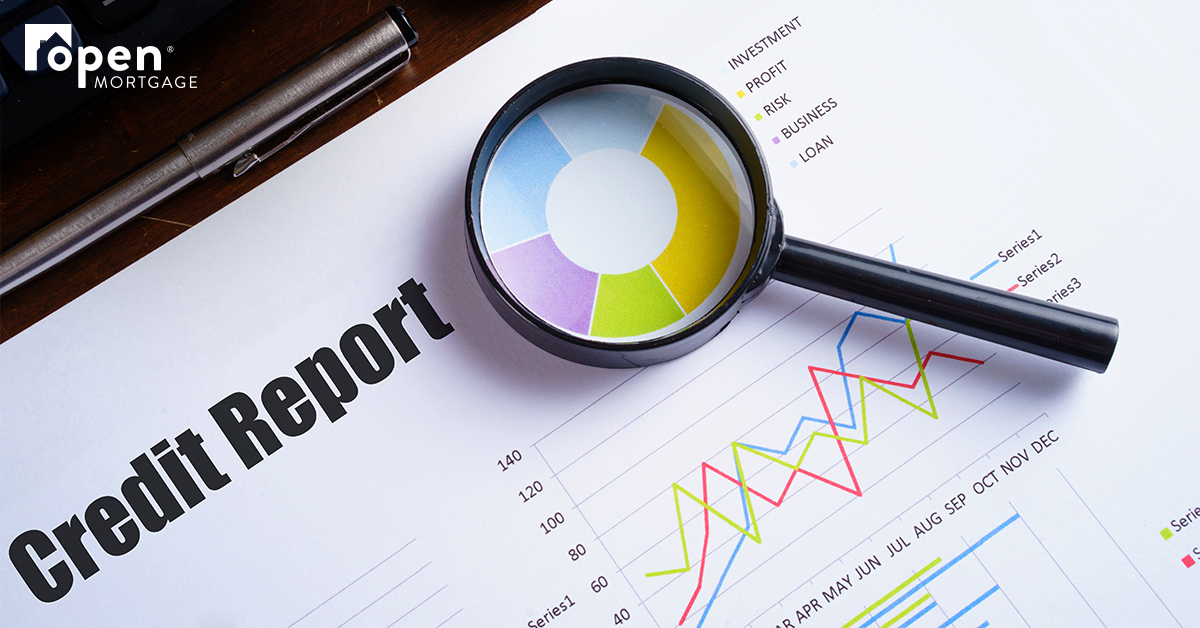
Raise Your Credit, Lower Your Rates: Turn ‘Good’ Credit to ‘Great’
A credit score doesn’t tell a lender everything about a person’s finances, but it does help paint a picture to determine if you’re a safe credit risk. And, as we’ve written before, your credit rating impacts both your ability to get a mortgage and the mortgage rate offered.
If you’re a first time home buyer, it’s possible that you haven’t thought much about credit, especially if you’re generally responsible with money, and pay for most everything with cash or a debit card. Here, we detail why you should aim higher than merely having a “good” credit score.
First thing’s first: what credit score should I aim for?
While a “good” score is somewhat subjective, a credit score of 620 is generally considered the minimum needed to obtain a mortgage, while 760 (and above) can provide the best terms and rates. Experian notes that with a score of 670-739, “only 8% of applicants in this score range are likely to become seriously delinquent in the future.” So you may have a credit score that automatically qualifies you as a good risk to a lender, but it’s in your best interest to raise your score higher if you can.
The best time to work on your credit is in the past. The second best time is today.
Whatever your current credit score, know that moving the needle isn’t always possible with a “quick fix.” That’s because a FICO score takes into account your financial history, and that changes over time. The good news is that, by planning ahead, you can put a budget in place that will ultimately raise your credit score and your financial health at the same time. If you know you’d like to apply for a mortgage in six months to a year, start a budget or make tweaks in your current budget to put money in the places likely to raise your score.
To raise your credit score, make a plan
Everyone’s finances and pain points are different, but a good rule of thumb is to make on-time payments for any bills, and reduce existing credit card debt and loan balances if possible. Once you’ve paid off a credit card, don’t close the line of credit—just put the card out of reach and out of mind, since the length of time you’ve had it will work in your favor. Finally, don’t open too many accounts at one time, and try not to open new accounts the same year you apply for a mortgage. Otherwise, lenders could be concerned that you’re taking on too much debt at once.
Whatever your credit history, Open Mortgage can help you discover the right loan for you. Contact us for your options today.







I love the post about raising your credit and lowering your rates. It’s so interesting to learn about how credit scores are determined. I appreciate this particular post because it explains how to raise your credit score and how to do it for free. The tips are great and I also liked the way you explained what you did with your credit score.
I’m glad you wrote this blog on raising your credit and lowering your rates. I’m a recent graduate who is looking to buy a first home, and I’m trying to figure out what my credit score should be. I’ve been thinking about starting to take steps to improve my credit, but I’m not sure how to start. Your blog post was really helpful and I think it’s something I should start looking into soon.